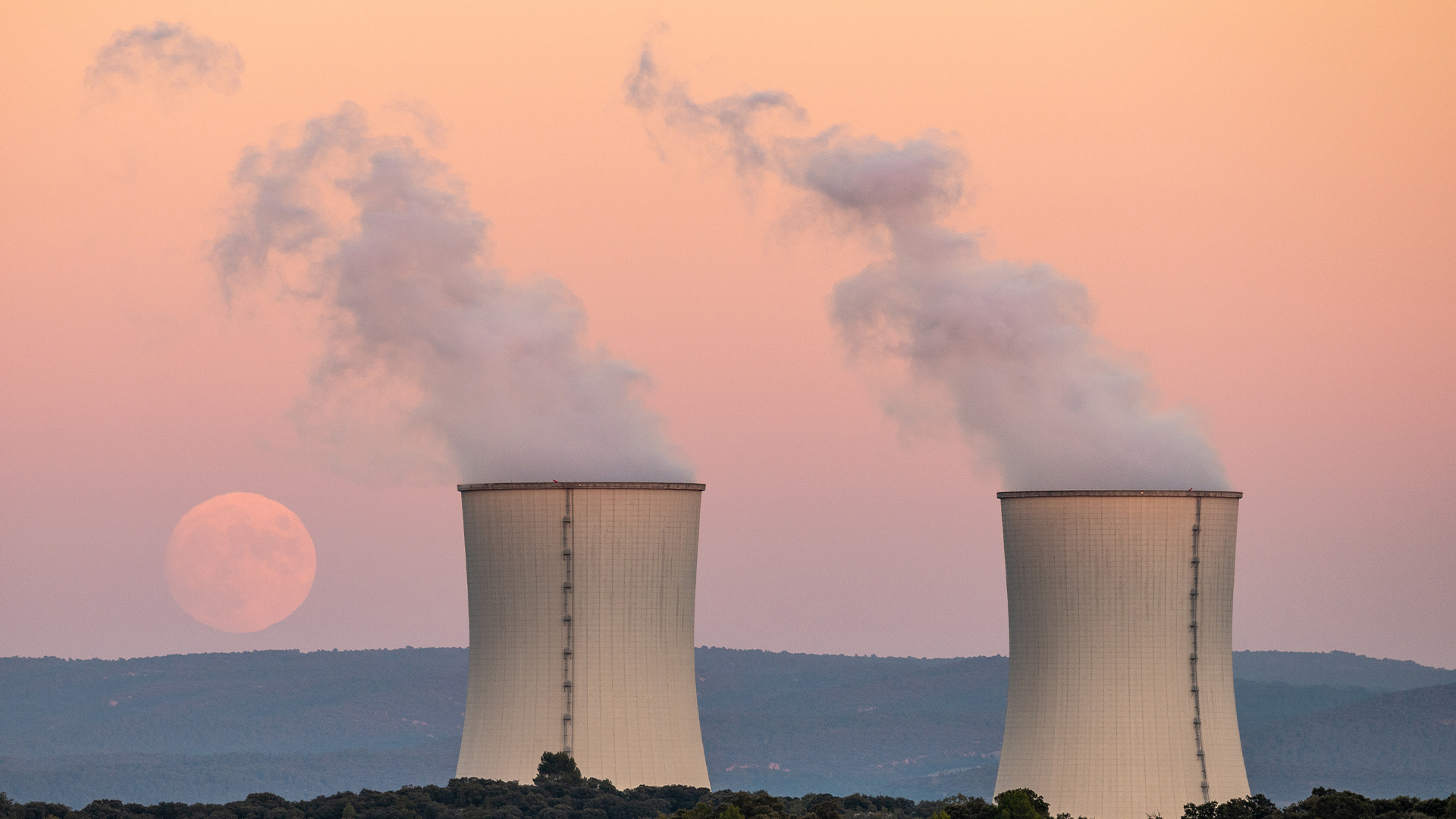VR news: Logitech aims to bring keyboards into VR
Firm believes we'll still need keyboards in a virtual world
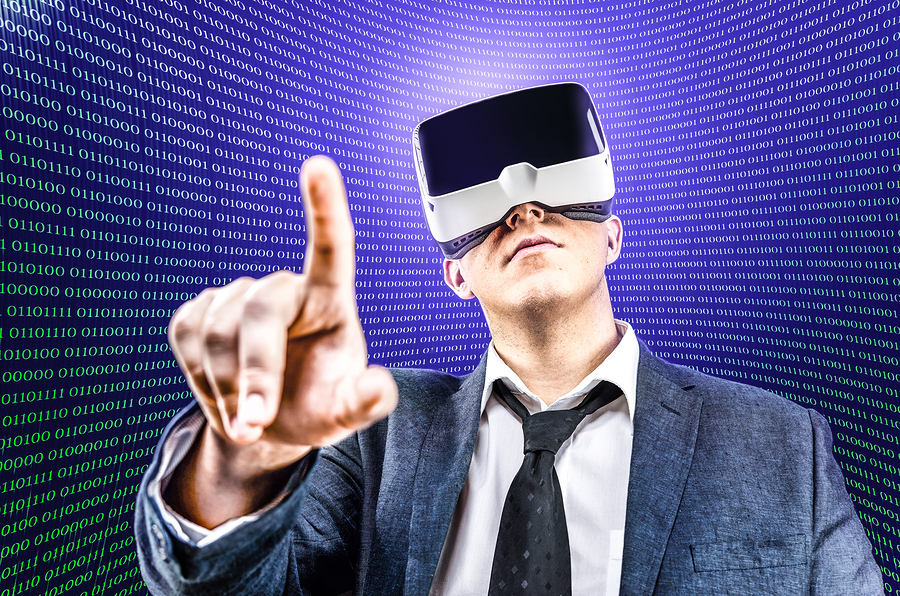
Logitech is working alongside HTC to develop a virtual reality keyboard that could solve the problem of text entry in virtual environments.
The set-up comprises a Logitech G gaming keyboard, an accessory to integrate HTC's Vive Tracker on the keyboard and software to power the hardware package. Initial tests mean it works across the Steam VR system, overlaying a virtual representation of a keyboard in a VR application, with real-life feedback when a key is presses in the virtual world.
Logitech has said it's planning to test the equipment with the help of 50 developers who can create "compelling" experiences for end users.
"During our initial explorations of VR, we were struck by the fact that keyboard use and text entry were necessary but not natural and we've heard similar complaints from others," Vincent Tucker, director of innovations and strategy at Logitech, said.
"Our motivation comes from the research-backed understanding that in certain situations the user still needs a keyboard to interact with applications, particularly in productivity-driven or desktop scenarios, but also in games, social applications and content browsing."
The company has invited developers interested in taking part to apply for one of the 50 places on its developer programme, although only US-based individuals are eligible. Logitech said it would offer out more development kits if these first trials prove successful.
06/07/2017: BBC launches new virtual reality app
Get the ITPro daily newsletter
Sign up today and you will receive a free copy of our Future Focus 2025 report - the leading guidance on AI, cybersecurity and other IT challenges as per 700+ senior executives
BBC Taster has launched a virtual reality app available for free on Android and iOS.
The app currently contains content from BBC Three and Planet Earth II, with more content expected to be added from across the BBC soon.
The BBC is aiming to put its early and experimental ideas in the hands of audiences. There will be a variety of content including animated VR, interactive 360 videos, dynamic binaural audio and branching narratives where users decide which path to follow in a story.
The first pieces of VR to be published is a trailer for the BBC Three documentary One Deadly Weekend in America, a VR experience about gun crime, and also interactive 360 content from Planet Earth II.
Controller at BBC Three Damian Kavanagh said in a press release that the BBC is exploring new technologies to tell stories that will engage its audience.
He underlined that the new VR trailer is a fantastic first step for the company: "Using virtual reality it literally puts the audience in the shoes of the victims of gun crime featured in our truly brilliant feature-length documentary, One Deadly Weekend in America. It's the first time the BBC has ever used VR in this way, and offers a whole new way to engage an audience."
BBC Taster VR was developed using technology from EEVO, a company which helps to build VR apps, so that the BBC can learn more about how its audience uses this new technology. Along with user feedback the app provides analytics and VR heat maps to highlight where users are looking when in virtual reality. BBC developers and editorial teams hope to learn more from their content in order to tailor it and refine storytelling techniques in the future.
13/03/2017: Google looks to fill VR vacancies
Google may be looking to significantly ramp up its VR and AR efforts, new job postings suggest.
The tech giant released its first major consumer VR product last year, in the form of its Daydream View headset. However, while this was more akin to a proof-of-concept than a mainstream device, recruitment efforts spotted by Road To VR have indicated that Google could be building up to releasing a mass-market VR headset.
Google has now started looking for a hardware validation manager and a technical lead product design engineer. The latter role will involve travelling to visit vendor-operated manufacturing facilities overseas, while the former partly concerns "transitioning product to mass production, and [assisting] with product sustaining efforts".
Earlier in the year, the company was spotted recruiting for roles on its VR and AR team who had "experience supporting high-volume overseas manufacturing builds" and could "lead electrical hardware development for consumer electronic products from concept into production".
While Google has yet to confirm the development of a new headset, the new hires imply that the company is looking at a much more significant investment in VR/AR technology than it has previously made - potentially a standalone VR headset, or even a successor to the original Google Glass.
Zach Marzouk is a former ITPro, CloudPro, and ChannelPro staff writer, covering topics like security, privacy, worker rights, and startups, primarily in the Asia Pacific and the US regions. Zach joined ITPro in 2017 where he was introduced to the world of B2B technology as a junior staff writer, before he returned to Argentina in 2018, working in communications and as a copywriter. In 2021, he made his way back to ITPro as a staff writer during the pandemic, before joining the world of freelance in 2022.
-
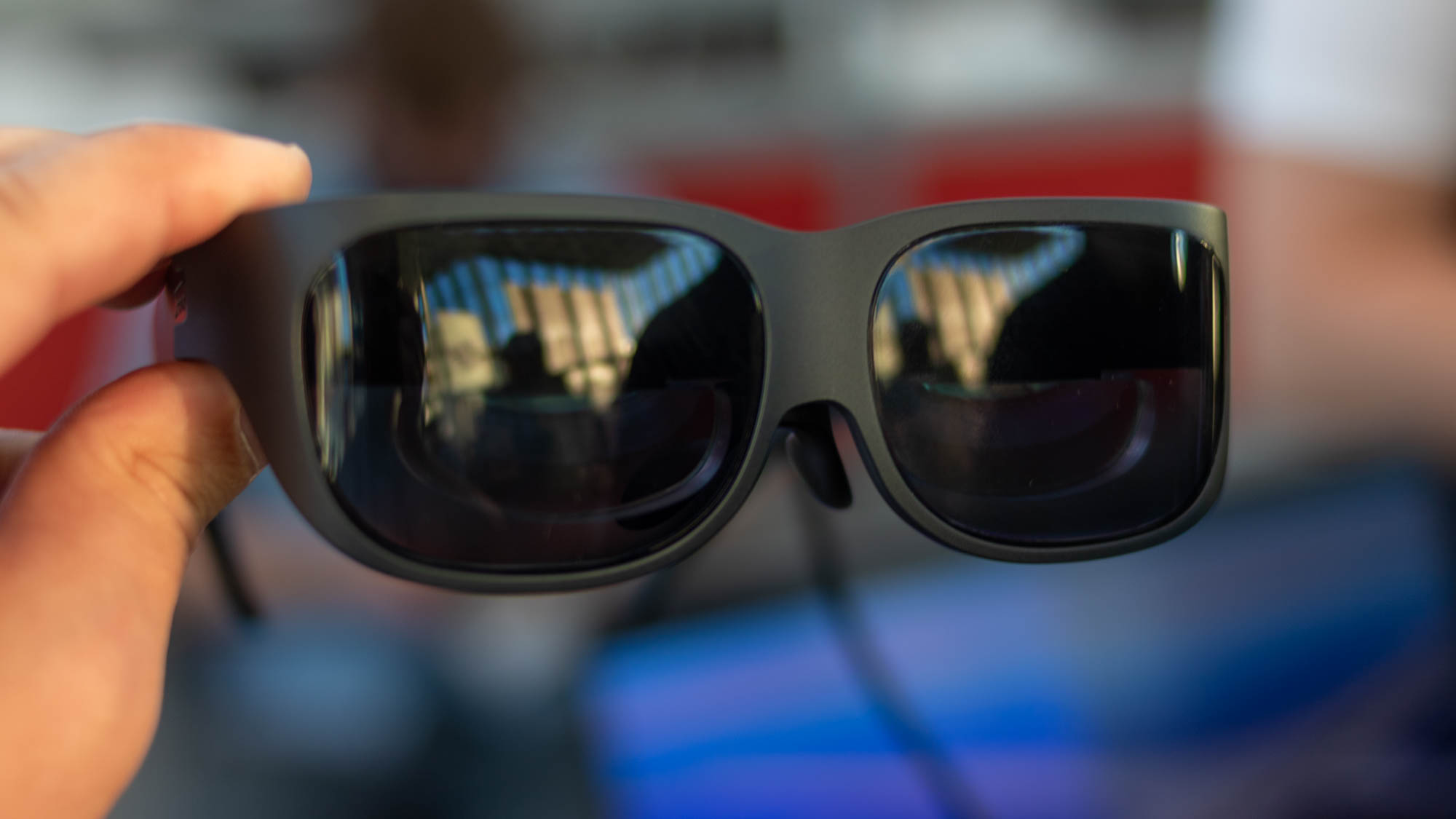 Has Lenovo found the ultimate business use case for smart glasses?
Has Lenovo found the ultimate business use case for smart glasses?Opinion Lenovo’s T1 smart glasses offer a virtual desktop that only you can see
By Bobby Hellard
-
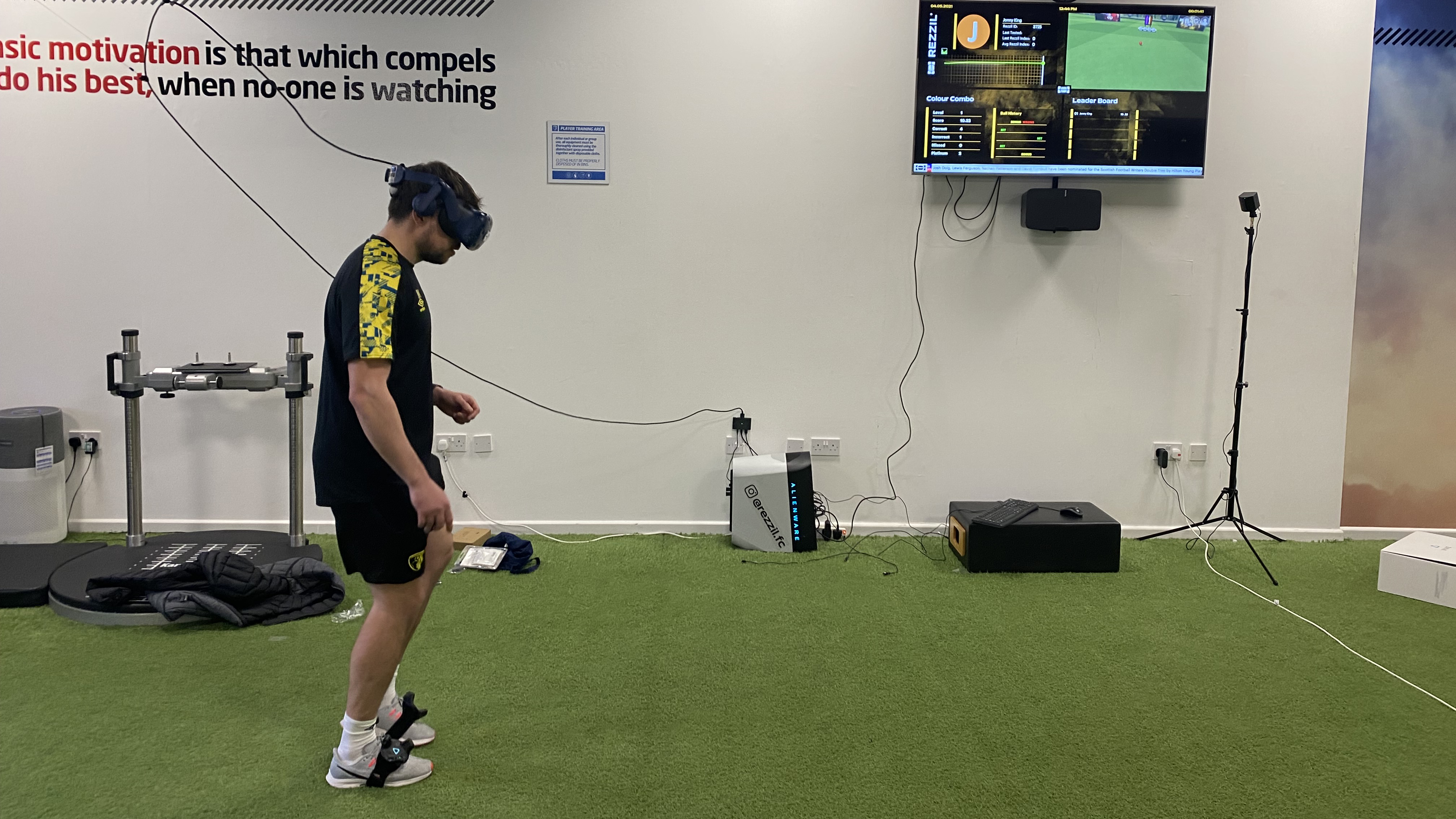 Virtual striker: Using VR to train Premier League stars
Virtual striker: Using VR to train Premier League starsCase Studies How one company is taking VR out of the boardroom and into the locker room
By Adam Shepherd
-
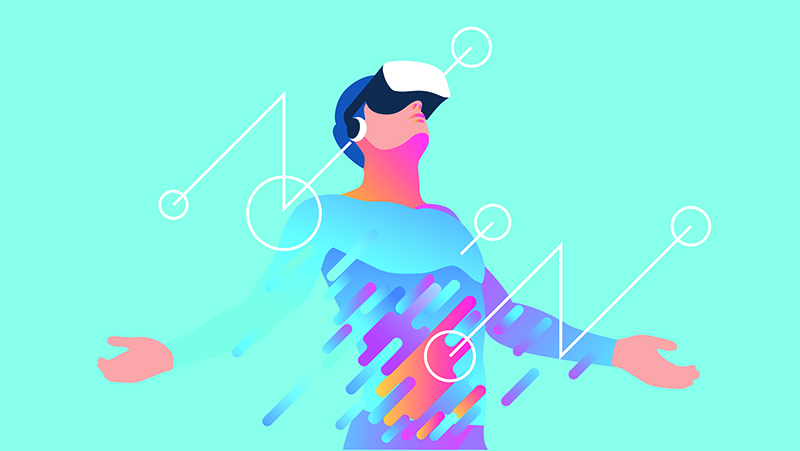 NeuPath and Cynergi will bring VR therapy to chronic pain management
NeuPath and Cynergi will bring VR therapy to chronic pain managementNews NeuPath will integrate Cynergi’s VR program with its remote pain management platform
By Praharsha Anand
-
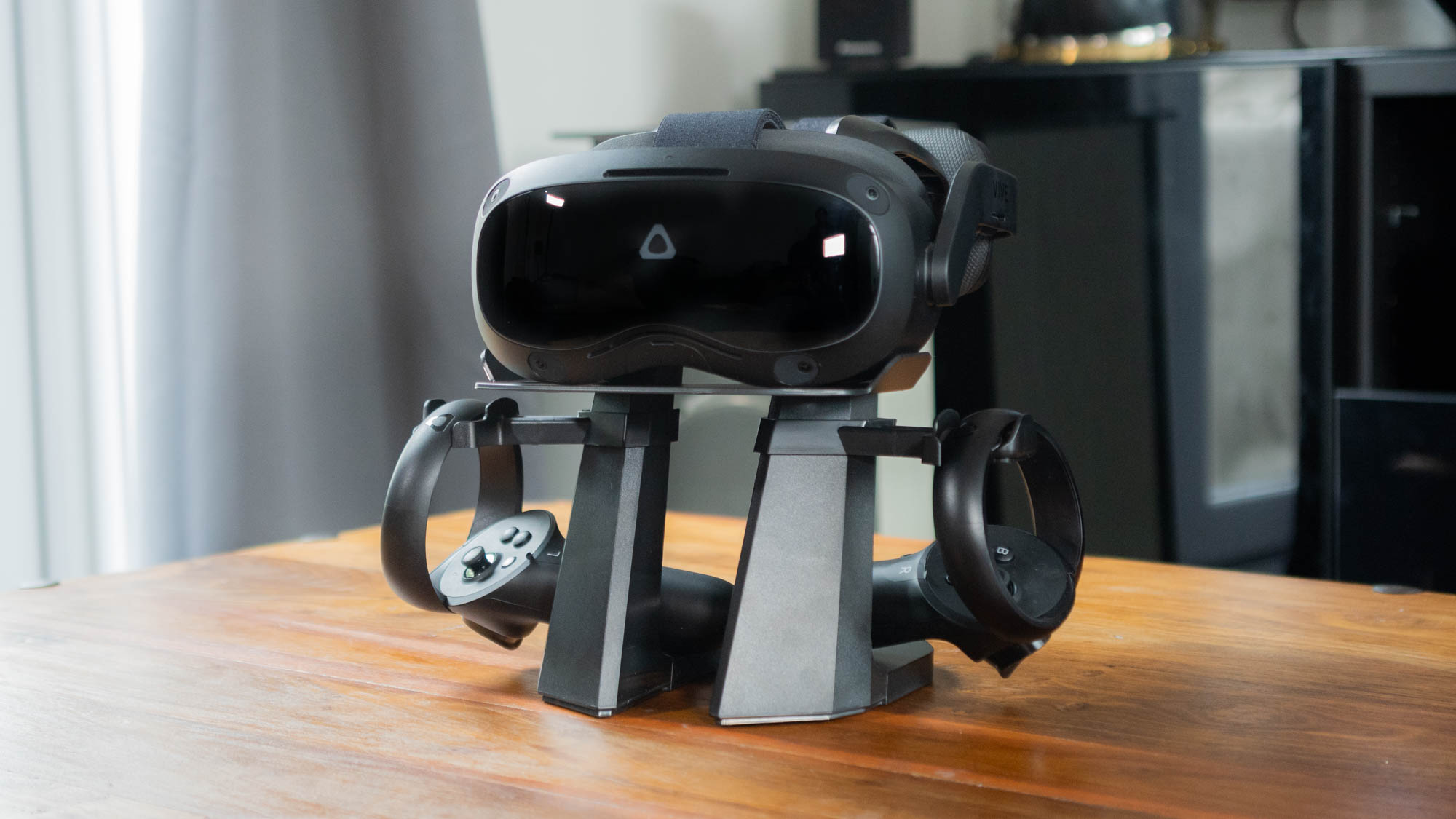
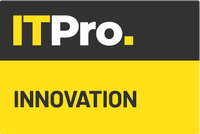 HTC Vive Focus 3 review: The future of VR is here
HTC Vive Focus 3 review: The future of VR is hereReviews This smart and stylish headset is a leap forward for the technology
By Adam Shepherd
-
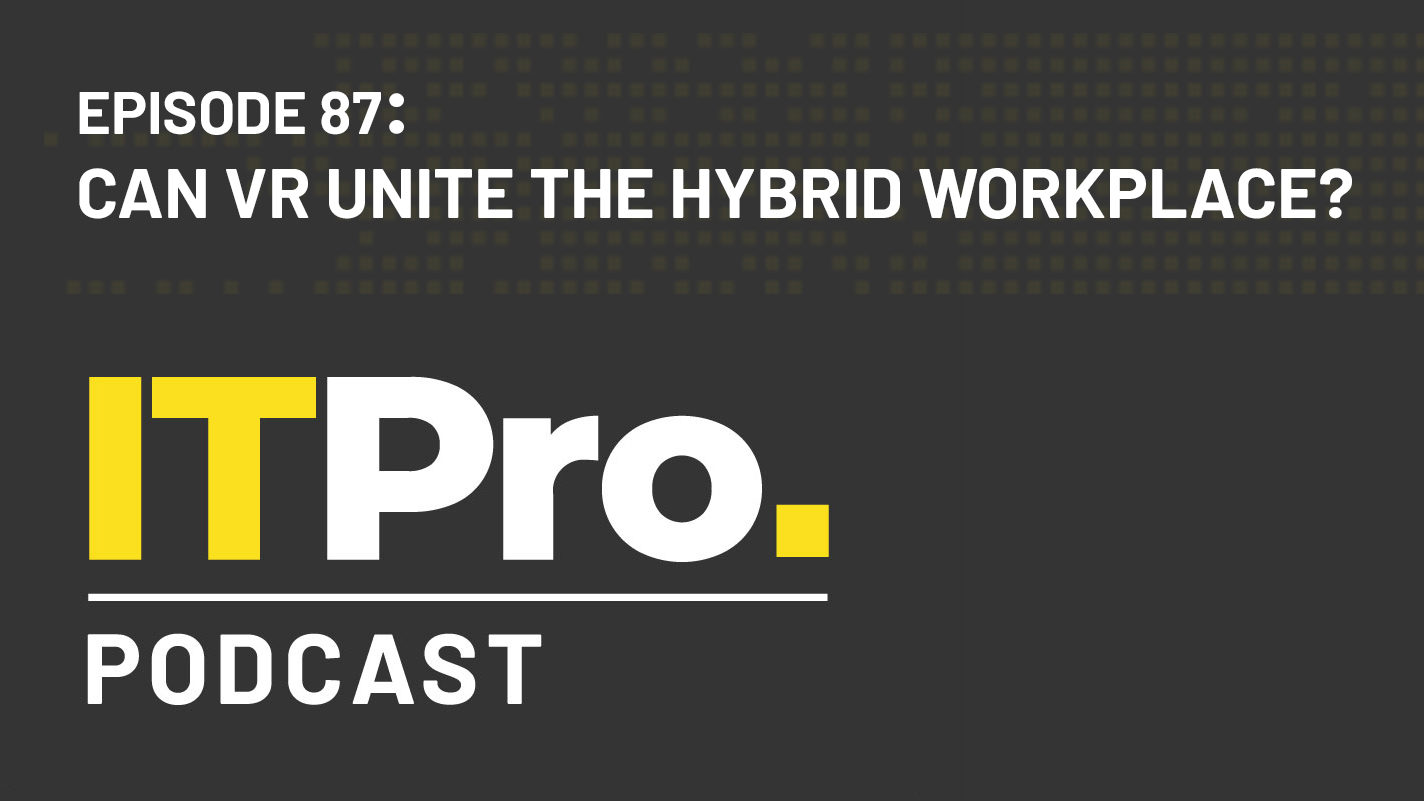 The IT Pro Podcast: Can VR unite the hybrid workplace?
The IT Pro Podcast: Can VR unite the hybrid workplace?IT Pro Podcast How one company is using virtual reality to bring its staff together
By IT Pro
-
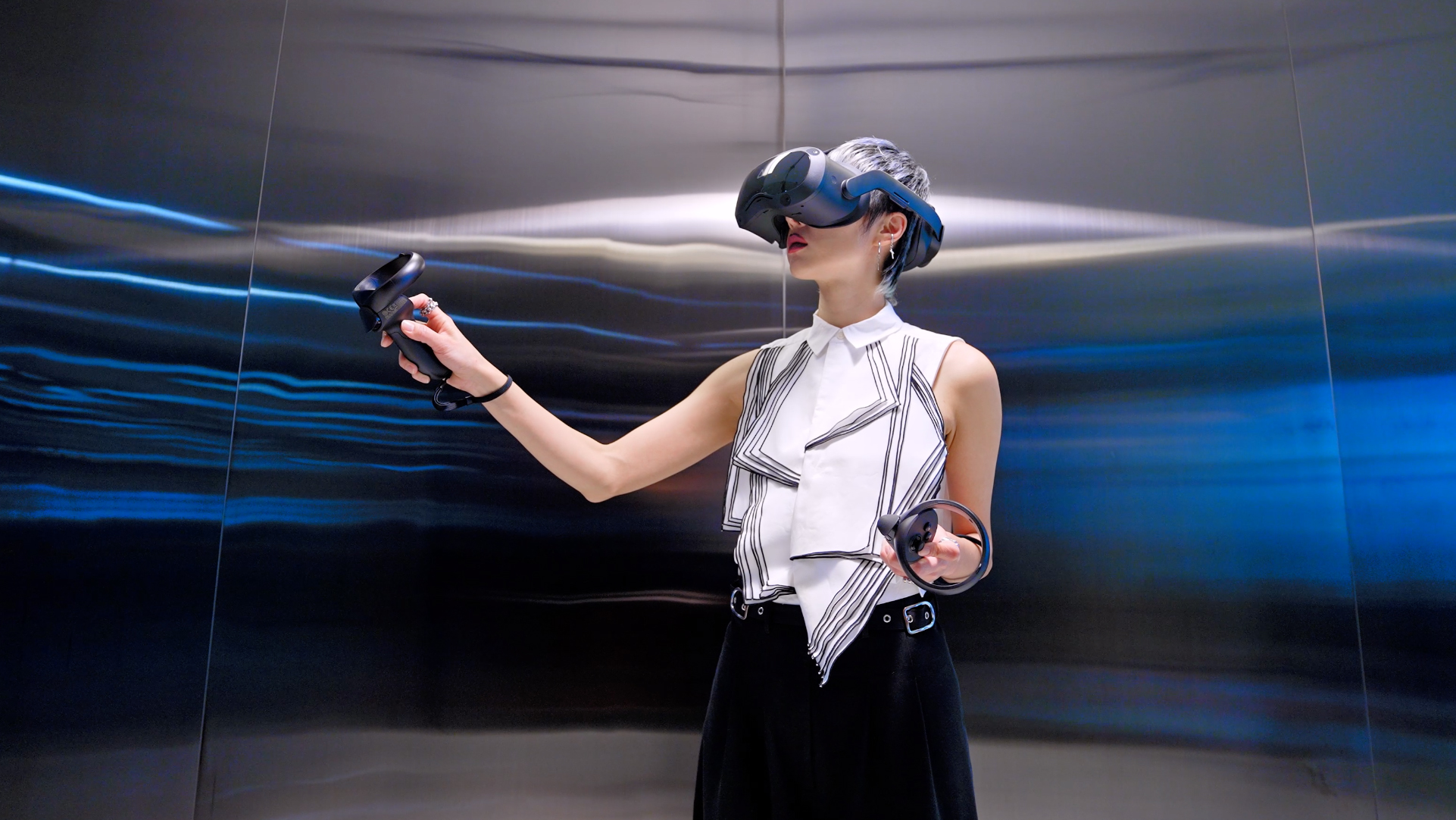 HTC launches new business-focused VR headsets
HTC launches new business-focused VR headsetsNews Vive Pro 2 and Vive Focus 3 include 5K resolution, larger field of view, and business management tools
By Adam Shepherd
-
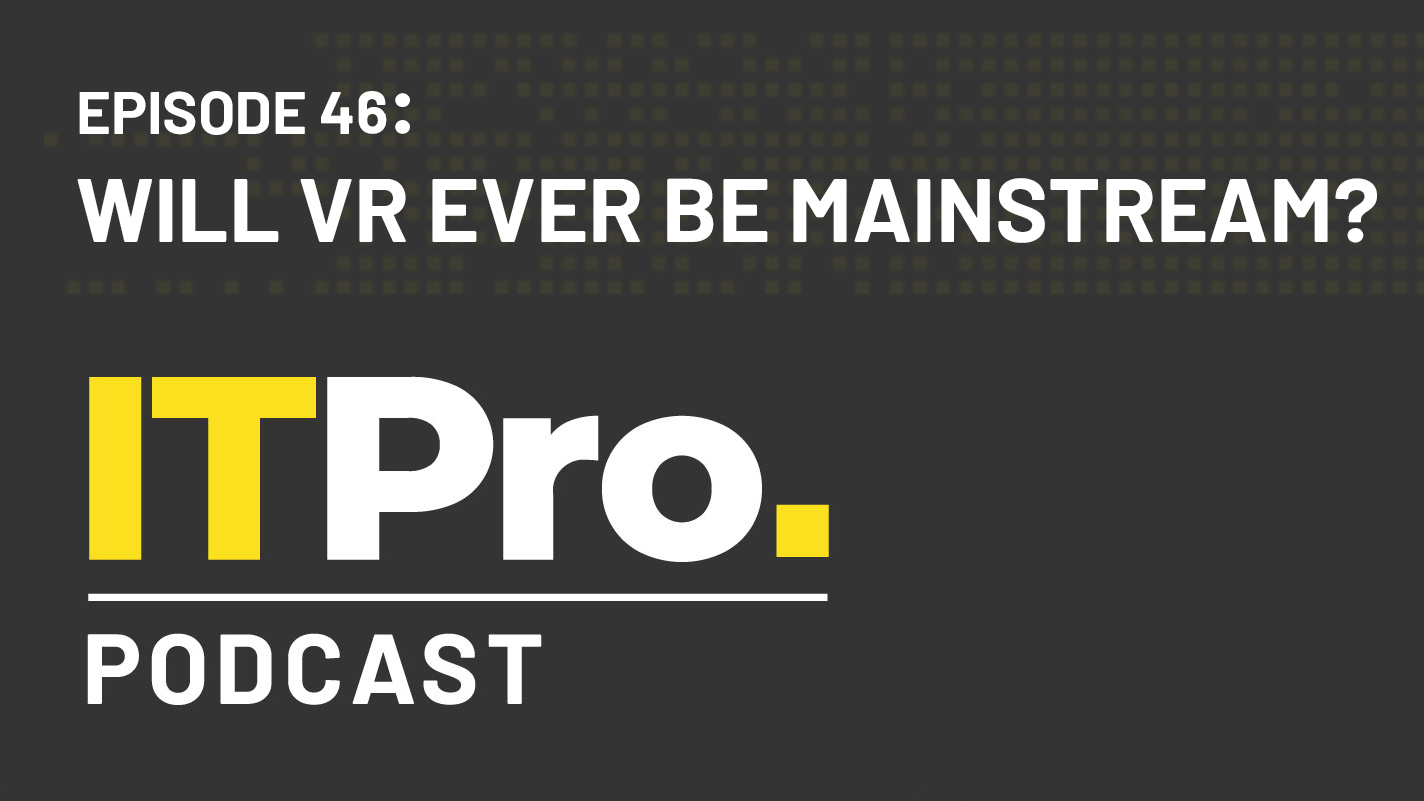 The IT Pro Podcast: Will VR ever be mainstream?
The IT Pro Podcast: Will VR ever be mainstream?IT Pro Podcast Despite years of development, VR is still a niche technology
By IT Pro
-
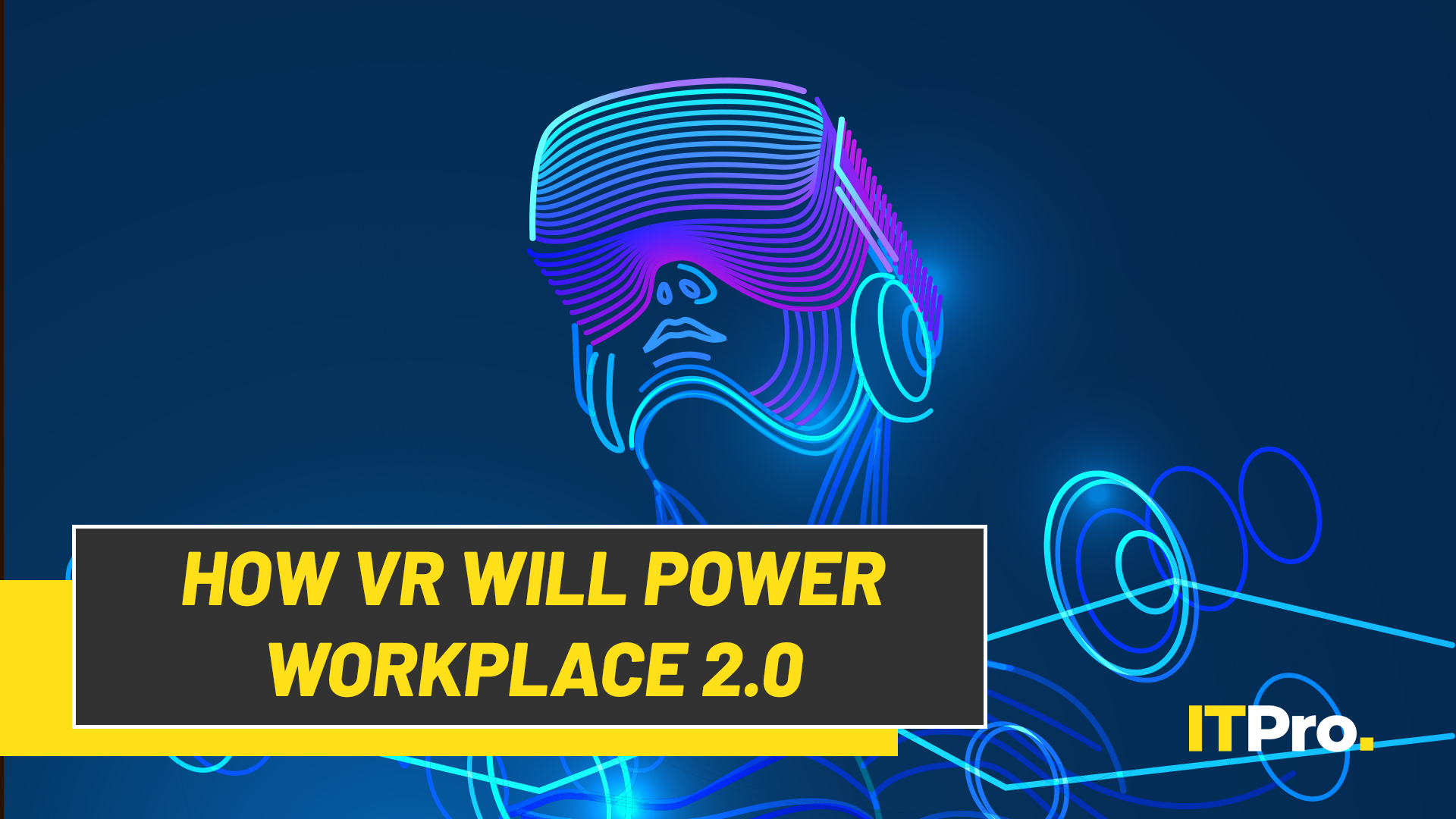 IT Pro Live: How virtual reality will power Workplace 2.0
IT Pro Live: How virtual reality will power Workplace 2.0Video The office of the future might not be a physical office at all
By IT Pro



